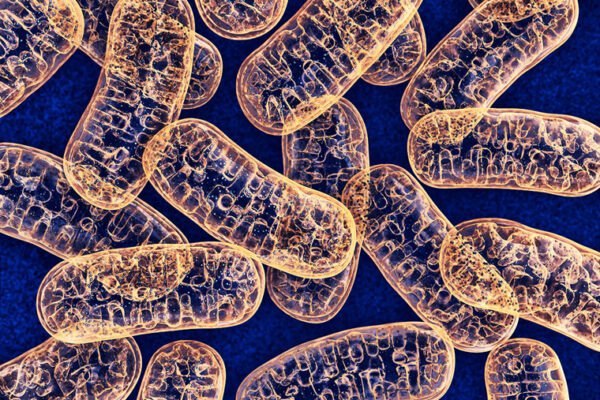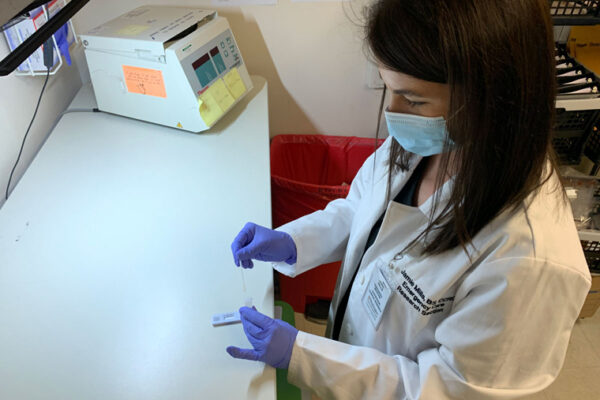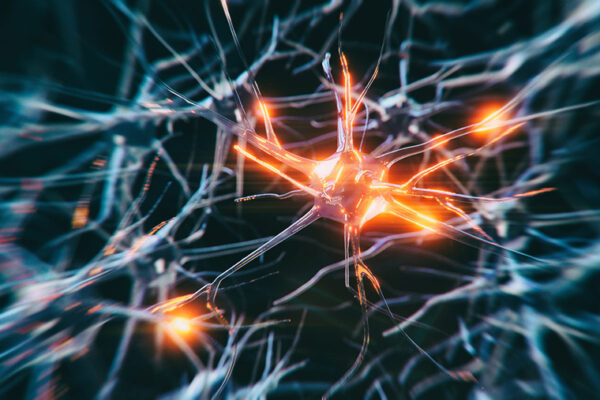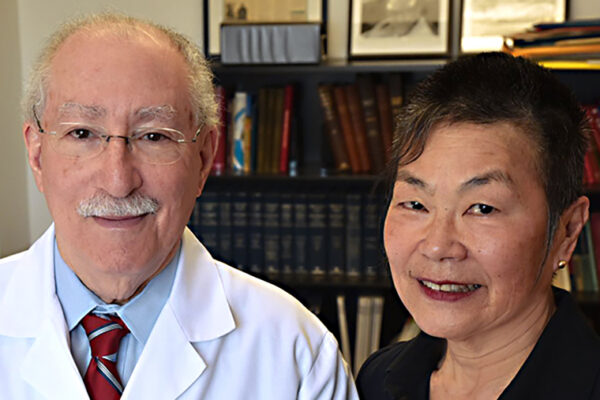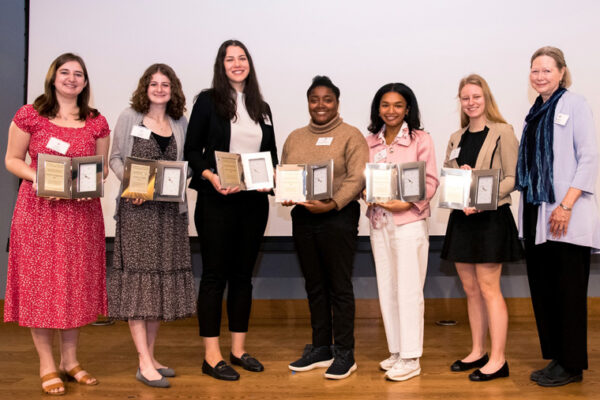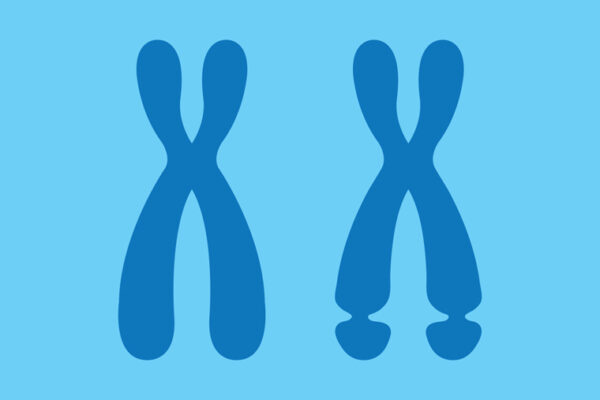Genetic roots of three mitochondrial diseases ID’d via new approach
Researchers at Washington University School of Medicine and the University of Wisconsin–Madison identified the genetic causes of three mitochondrial diseases by figuring out what dozens of poorly understood mitochondrial proteins do.
Emergency department plays key role in evaluating COVID-19 tests
The Department of Emergency Medicine at Washington University School of Medicine played a key role in investigating the accuracy of many different types of COVID-19 diagnostic tests administered in real-life conditions.
Zhao receives grant to study proteomics in the brain
Guoyan Zhao, assistant professor in neuroscience at Washington University School of Medicine, received a $433,000 grant from the National Institutes of Health (NIH) to apply a cutting-edge imaging technology to study subcellular features of brain tissue from Alzheimer’s patients.
Epilepsy drug stops nervous system tumor growth in mice
People with neurofibromatosis type 1 develop tumors on nerves throughout their bodies. Washington University School of Medicine researchers have discovered a way to use the epilepsy drug lamotrigine to stop such tumor growth in mice.
Kass, Gordon receive Hellen Keller Prize for Vision Research
Michael A. Kass, MD, and Mae O. Gordon, PhD, at the School of Medicine, are the recipients of the 2022 Helen Keller Prize for Vision Research.
Women’s Society honors students with awards, scholarships
The Women’s Society of Washington University announced the winners of the Harriet K. Switzer Leadership Award and the Elizabeth Gray Danforth Scholarships during its annual membership meeting in April.
Big Ideas Competition winners announced
The winners of the Big Ideas Competition, which supports novel and innovative projects in informatics and health-care delivery, were announced May 16.
Protein linked to intellectual disability has complex role
Researchers at Washington University School of Medicine have identified a previously unknown function for the fragile X protein, the loss of which is the leading inherited cause of intellectual disability. The researchers showed that the protein modulates how neurons in the brain’s memory center process information, a central part of learning and memory.
Researchers to study coronavirus packaging
Andrea Soranno, Kathleen Hall and Alex Holehouse, all at the School of Medicine, received a new five-year $3.1 million grant from the National Institutes of Health (NIH) to research genome packaging of the virus that causes COVID-19.
Smoking-cessation program that targets cancer patients effective
Researchers at Siteman Cancer Center at Barnes-Jewish Hospital and Washington University School of Medicine have found a way to help more patients who want to stop smoking. The successful strategy involves using electronic medical records to help identify smokers when they visit their oncologists and offering help with quitting during such visits.
View More Stories
